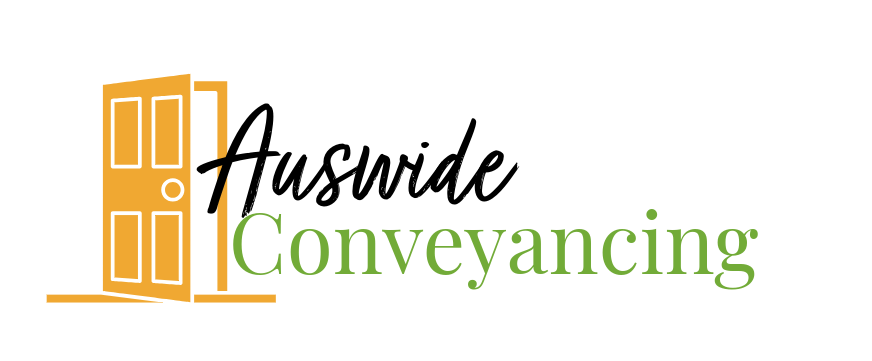First Home Buyer
What is conveyancing?
Conveyancing is the legal process of transferring real estate from one party to another, whether it be residential, rural or commercial property, a house, vacant land or strata unit. A conveyancing transaction is often one of the largest financial transactions a person will make, yet the legal process typically moves very quickly providing no room for error.
Signing a contract to buy property creates binding legal obligations and the penalties for default can be significant. It is important to understand the legal implications before moving forward. This involves carefully reviewing the contract so you understand your legal rights and obligations, undertaking due diligence, and if necessary, negotiating contract terms to better protect your interests. The role of a conveyancer is to help you with this and to manage the administrative and legal requirements for a property transaction. This can involve recommending and conducting a series of searches and investigations to ensure that you not only receive clear title to the property you want to buy, but that you understand exactly what you are getting.
A conveyancer will carry out a range of duties during the transaction including, but not limited to conducting due diligence, reviewing and negotiating contract terms, flagging potential issues, liaising with your lender and agent, arranging and conducting settlement of your matter and generally protecting your interests. There is a lot to do in a short timeframe – even for off the plan sales and purchases that may not settle for months, the parties are essentially bound by the terms of a contract after just a few weeks’ negotiation.
Getting a mortgage
Most people do not have sufficient funds to buy real estate outright and will rely on a loan from a bank, building society or other entity to finance the property. In such cases, the property will be used as security for the loan by the granting of a mortgage. A mortgage is essentially a ‘statutory charge’ in favour of a lender over property which is (usually) held in the borrower’s name. The mortgage secures the repayment of the money loaned and is registered on the property’s title. The loan contract gives the lender the right to sell the property in the event of a default.
Registration of a first mortgage on the title to your property protects the lender by creating priority for payment of the debt and alerting others who may be interested in the property.
By signing loan documents and granting a mortgage you are liable for regular payments of principal and interest as well as other charges in accordance with the loan contract. It is important to understand these obligations which usually also include maintaining the property and taking out adequate insurance cover.
Mortgage and loan documents contain various terms and conditions which should be carefully considered. We recommend obtaining legal advice when borrowing money and granting a mortgage. We will explain your obligations under the loan contract and ensure you understand your rights.
- a $10,000 First Home Owner Grant when you buy or build your first new home under the Frist Home Owner Grant (New Home)
- a full or partial exemption on transfer duty under the First Home Buyers Assistance Scheme
If you need advice or assistance from an experienced conveyancer, contact [email protected] or call 02 9629 6685.

